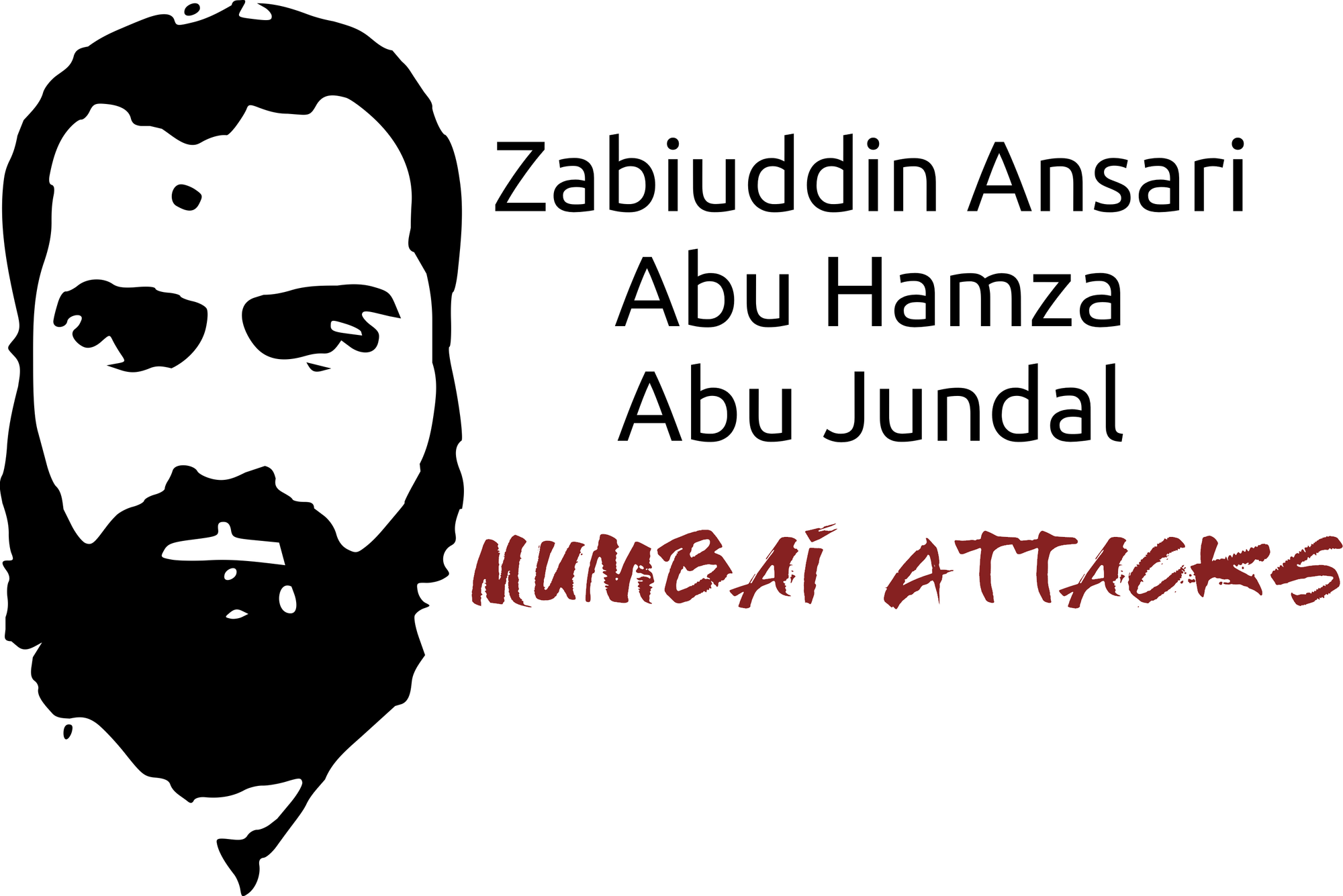Varun Gandhi is a much maligned young man. Yesterday I attended the Gala Dinner of Indo-American Charity Foundation, which is a premier Charity organization of NRIs in Houston and does exemplary work for causes in US and India. The Gala dinner had two guests – Varun Gandhi and Dr. Najma Heptullah. I thought Varun Gandhi’s speech was exceptional. His insights were very articulated and spot on. Here is a discussion on what happened last night:
The 2009 annual gala of Houston’s Indo American Charity Foundation drew more than 500 of the most prominent Houstonians towards it goal of raising about a quarter million dollars to support US-based charity organizations.
IACF, which supports scholarships and programs in the areas of education, healthcare, children and families, invited Varun Gandhi, the youngest member of the Nehru family because it felt he best represents young and new India.
IACF President Rachel Varghese said, “Seeing a vibrant, articulate speaker with an interest in doing something for the underprivileged is what the new generation of Indian Americans will relate to. Their knowledge of India is through their parents’ eyes. The chance to hear something positive from a young person who will be in the forefront of India’s growth as a true democracy is of great interest to the young professionals who live here.”
IACF-Houston, founded in 1988 by a group of Indian-Americans, is a non-profit organization that raises funds for various humanitarian endeavors helping those in need of health, education and human services.
In his key note address, Gandhi spoke about “India’s Place in the New Global Order – Charity & Social Services in the Emerging Economy”.
Gandhi started off his speech with subtle humor that drew wild cheers from the audience. Upon hearing a guest’s request to speak louder, Gandhi chuckled, “It’s the first time that somebody’s accused me of being soft-spoken” and remarked that he was so used to facing brickbats in India that he was expecting some bouquets in Houston.
He spoke passionately about India’s progress and challenges, underling a positive message of hope and change. He rooted firmly in favor of youth participation in nation building, believing that one must participate in the system in order to change it.
Gandhi shared his views on a young and resurgent India and talked about India’s development challenges and the importance of “economic growth through scientific development and adoption of intelligent policies.”
Noting that 40% of the world’s malnourished children lived in India and that 77% of India’s population has been classified as being poor, he recommended education, health and poverty-alleviating policy guidelines in his address. He also addressed the issues of environmental pollution, prolonged monsoon delays that is crippling the agricultural sector and the rapid melting of the Gangetic glacier that affects drinking water supply for 400 million Indians.
India is a country abundant in human and natural resources, Gandhi said and added “India was not a poor country but a poorly managed country.”
He urged the proper use of technology, adoption of skill based training and efficient utilization of the world’s greatest workforce and India’s greatest resource viz. the 60% of India population who were under the age of 30, totally 630 million people – double the US population.
Gandhi made an appeal, calling for “Global altruism” and the need for NRIs to pitch in and help their motherland. He reminded them that no matter how far they had come, both in terms of distance and knowledge, they were essentially Indians – a people who ate with their hands and spoke from their hearts.
Varun Gandhi was described in glowing terms by the next speaker at the gala, Dr. Najma Heptullah, veteran Indian parliamentarian and former Deputy Chairperson of the Rajya Sabha. Dr. Heptullah, who explained that her family has known Varun Gandhi’s family for four generations, stressed in her speech today that “India’s future looks very bright with dynamic leaders like Mr.Varun Gandhi on the horizon.”
Gandhi, 29, the first Indian parliamentarian to be called to this prestigious annual gala, has been recently elected as a member of the Lok Sabha with an unprecedented victory margin of nearly 281,501 votes in his maiden election campaign from Pilibhit constituency.
Varun Gandhi is the great-grandson of the late Jawaharlal Nehru, who was India’s first Prime Minister of India, and his grand-mother is the late Indira Gandhi, a popular Indian Prime Minister who ruled India for 15 years. He is the son of the late Sanjay Gandhi and Maneka Gandhi, an Indian parliamentarian and animal rights activist.
Varun Gandhi is a Law & Economics graduate from the London School of Economics and a post graduate in Public Policy from the University of London.
A prolific and precocious reader with excellent literary taste, he has authored his own volume of poetry titled “The Otherness of Self” besides a variety of articles on issues of National Security and External Affairs.
Quotes
5 Quotes from Varun Gandhi’s speech in Houston:
- “India had a great opportunity six decades ago, at the time of Independence. Yet, we chose the wrong path, though with good intentions. We chose outdated ideologies then. The world chose capitalism, but we chose discarded models like socialism. It weakened our democracy and only created factions. Today, when consumption-driven economic growth is under a big question mark, we seem set on following this model “.
- “You left the country in search of a dream. I want India to be that dream. India will be the world’s next super power and the next century is India’s century,” he told the Non Resident Indians.
- Varun Gandhi clarified that he was scrutinising, not criticising the system, because he loved India and suggested that we swiftly correct our course. “Poverty is still a problem. Forty years ago, we spoke of ‘Garibi Hatao’ (Remove poverty). But we are still in the same situation. The super rich get richer. A tiny percentage of the population owns 37 per cent of India’s riches. Four Indians own 16 percent of the GDP. The poor get poorer,” he rued.
- “Poverty is not inevitable or incurable. It is only a symptom of a deeper malaise. There is a lack of big ideas to cope with the problems of 1.2 billion people.”
- He also criticised the education system in India, saying, “Officially, 70 lakh children are outside the school system. Out of the 13 crore children in primary schools, 50 per cent drop out. The education imparted in government schools is outdated. Only two per cent of students get trained for some kind of work, while that figure is as high as 96 per cent in Korea and 80 per cent in Japan. No schools or colleges teach anything about environmental issues”.




